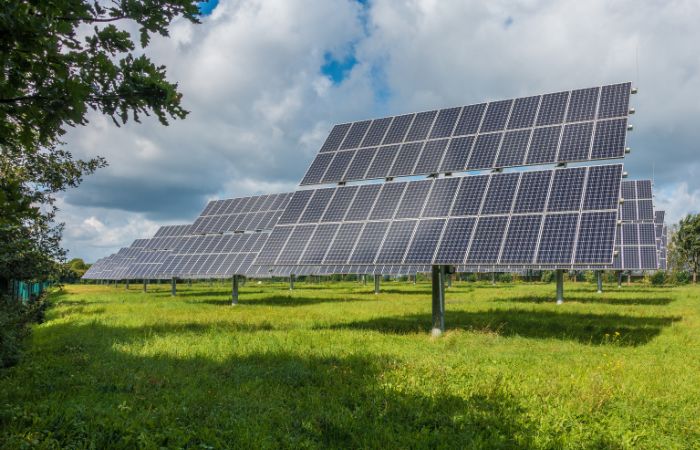
Homeowners seeking to reduce their electric bills should look into installing a grid-tied solar panel system. The initial investment may be a bit considerable at first glance, but the long-term advantages will generally outweigh the cost. However, companies installing photovoltaic panels are also on the rise, providing great deals for their clients, and making the system more accessible.
While homeowners can try to DIY their solar panels, it would be much better if they would work with an accredited service provider. Their personnel can help source the best components, install them properly, and ensure that the system is as efficient as possible.
If you’re looking to install a solar panel system on your property, you need to look for reputable service providers to work with so you would get the best results. You should look at what their previous clients say about them so you can select the company that would suit you best. You must choose a company that’s responsive to your needs and would provide you with a reasonably priced deal. Should you wish to find out about reliable industry leaders, you can visit www.atlanticrenewables.co.uk to get an idea of what solar energy can do for you.
If you still wish to DIY your solar panel system, here are the components you need to source.
Solar photovoltaic panels
Solar photovoltaic panels are the modules you have to install on a framework to create your system. They’re the ones that collect and convert sunlight into electricity, so you need to ensure that you have enough panels for you to complete your system array.
Solar power system disconnects
Solar power system disconnects may be a small component, but they play an essential part in safety. They are the ones which allow you to disconnect the DC power output from your array should you need repairs done.
Battery charge controller
The battery charge controller ensures that your system will send the right amount of electrical power to the batteries to have the right amount of energy charged. This component also ensures that the backup batteries don’t discharge electricity to the grid at night.
Solar power system metering
Although this component can be an optional addition, this helps improve your system because it will help you gain maximum efficiency from your installation. In addition, you would gain the necessary information about how much solar energy gets supplied to your home and how much you can save on your bills.
Solar power system inverter
The system inverter converts the energy your PV cells collect into usable electricity. Without this component, your collected energy will go to waste, so you need to choose a good model for your system.
Deep cycle battery storage
These deep cycle batteries will store the energy that your installation collects and make it available for consumption 24/7. In addition, they provide the DC to AC conversion using the necessary switching techniques.
Takeaway
While you can DIY your solar panel system, it will still be better to ask a professional for assistance. They can help you source the different components quickly and ensure overall system efficiency.


